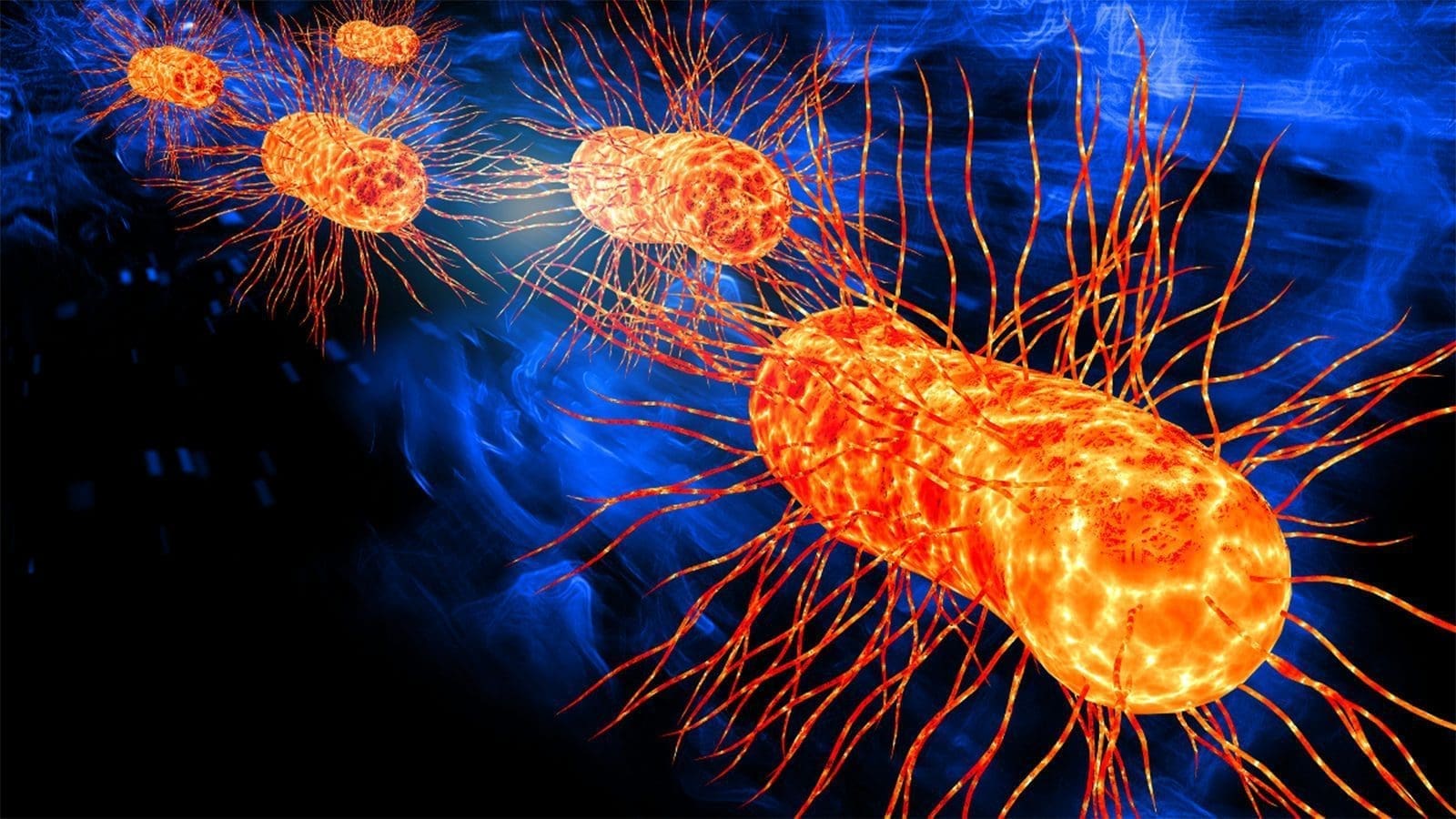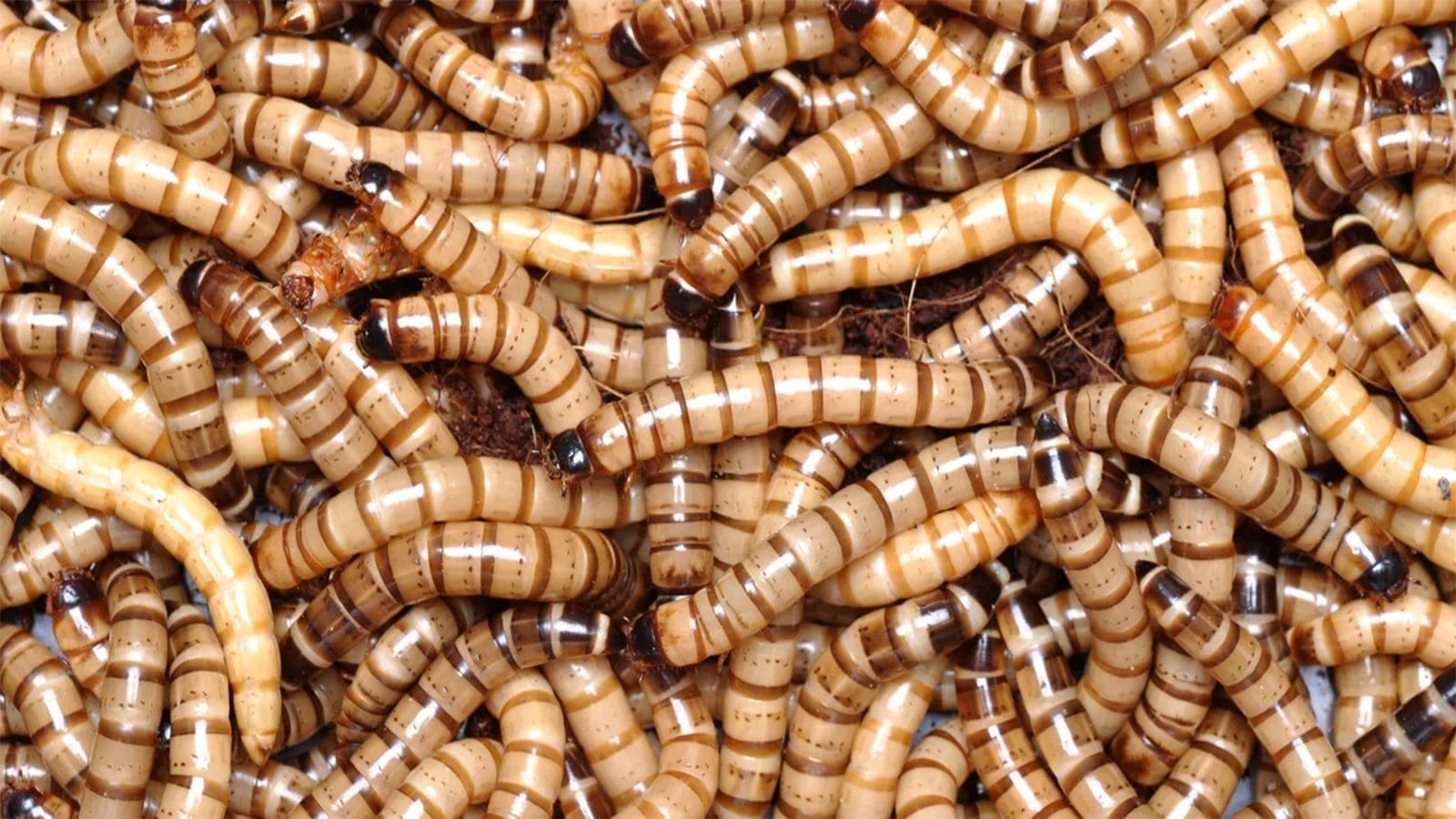CZECH REPUBLIC – The National Institute of Public Health (SZU) has reported a rise in Shiga toxin-producing E. coli (STEC) infections in the Czech Republic, recording 25 cases in the first six months of this year.
15 of the cases have been reported in the past two months with 8 being reported in May and 7 in June. The majority of those sick are children under the age of five. In 2021, 46 cases were recorded.
Sick people come from across the country but mostly Prague, the South Moravian and South Bohemian regions. Twelve infections were caused by E. coli O26 and six by E. coli O157.
People can become infected by contact with animals, eating insufficiently cooked meat, drinking unpasteurized milk, or by contact with an infected person.
SZU said the disease is often associated with seasonal activities, such as barbecues, or visits to animal farms or zoos. The agency urged people to pay attention to hygiene and correct food preparation.
Since 2018, 165 STEC infections have been reported in the Czech Republic, and 47 people were hospitalized. Of these, 37 were children under 5 years old and one died.
E.coli infections have a window period of about three to four days, with most patients recovering within five to seven days.
Symptoms of E. coli infections vary for each person but often include severe stomach cramps and diarrhea, which is often bloody. Some patients may also have a fever.
About 5 to 10 percent of those diagnosed with E. coli infections develop hemolytic uremic syndrome (HUS), a potentially life-threatening kidney failure complication.
Symptoms of HUS include fever, abdominal pain, feeling very tired, decreased frequency of urination, small unexplained bruises or bleeding, and pallor.
This condition can occur among people of any age but is most common in children younger than five years old because of their immature immune systems, older adults because of deteriorating immune systems, and people with compromised immune systems such as cancer patients.
Annual Czech food safety report
Meanwhile, the Czech Agriculture and Food Inspection Authority (SZPI) has disclosed almost a quarter of foodstuffs checked were non-compliant in 2021.
The annual report covers food supplements, checks of online food sales, honey, olive oil and saffron authenticity and ethylene oxide in spices and sesame seeds.
The agency found 3,202 non-compliant lots of food and other products. Almost 27 percent of foodstuffs from non-EU countries failed to comply with national or European legislation, as reported by Food Safety News.
Nearly 20 percent of lots from EU countries had violations as well as 16.2 percent of domestic products. The highest percentage of non-compliant batches was chocolate and confectionery; dehydrated products, liquid flavorings, dressings, salt and mustard.
The main category found to be microbiologically unsafe were meat products, followed by milk products and bakery. The top safety violation was the growth of visible mold and spoiling due to microbial activity.
Liked this article? Subscribe to Food Safety Africa News, our regular email newsletters with the latest news insights from Africa and the World’s food safety, quality and compliance. SUBSCRIBE HERE








